Our parliament has been overtaken by invertebrates
A menagerie of minor parties and inane independents have left a pigsty of pulverised promises.
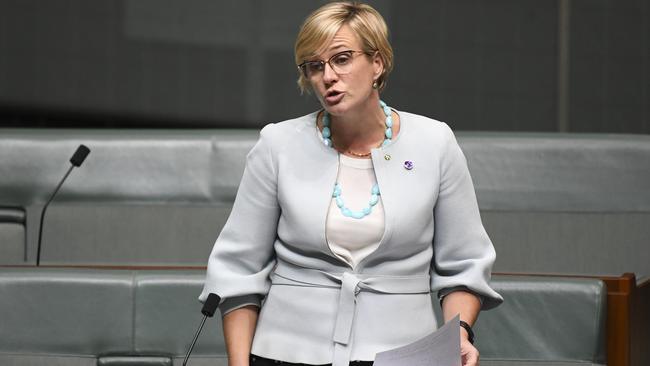
“Worse?” I hear you say, Life of Brian-style. “How could it be worse? Jehovah! Jehovah! Jehovah!”
Believe me, it could get worse. Think about that day in September 2010 when independent MP Rob Oakeshott ended 17 days of negotiations by embarking on 17 minutes of meandering monologue before announcing who he and Tony Windsor were backing to form government.
Oakeshott said he had been “trying to work out a wicked dilemma” for the country, which is pretty much what he delivered. Oakeshott, overblown independents, major parties selling out principles and policies in order to form minority governments, and the idea of voting for unknown quantities, all ought to have been consigned to history.
Yet in the looming federal election there are a clutch of new “Voices of … Independents” and the main climate organisation that is co-ordinating and funding them has Oakeshott and Windsor on board as advisers. I kid you not, the two conservatives-turned-independents who ruined their careers by installing a hapless Labor government are now strategic advisers to political neophytes aiming to repeat the dose.
Until now the Gillard government – built on deals with independents and Greens that delivered broken promises and shambolic government – probably was the nadir of our terrible decade and a half of governance since John Howard lost in 2007.
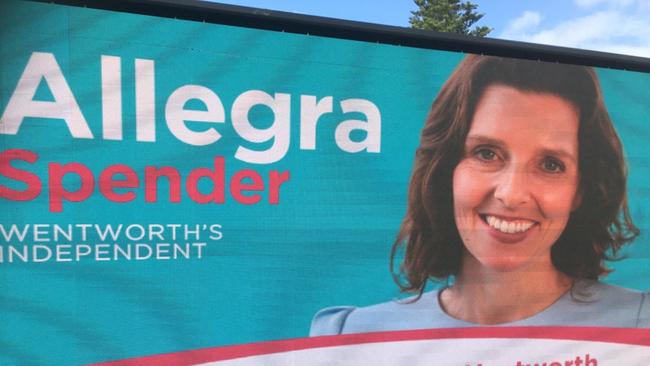
No prime minister has lasted a full term over that period, parliamentary culture has been scandalised, and faith in politics has plummeted.
Yet the potential to plumb new depths is clear. Like the pandemic, our polity could soon experience a more contagious variant of viral dysfunction.
The major parties are largely to blame, ceaselessly making themselves less compelling. Under Rudd, Labor brought the superficial, poll-driven and media-enslaved state political model to Canberra – conviction was tossed overboard in favour of trying to be all things to all people.
And since Tony Abbott’s crushing conviction victory in 2013, the Coalition has wandered down the same path, led by its increasingly dominant moderate wing, aimlessly searching for the next compromise or headline. Parliament House has been overtaken by invertebrates.
The independents are partly the cause but also the beneficiaries in this dynamic. Many key elements of Abbott’s strongly conservative budget were blocked in 2014 thanks to the likes of Clive Palmer and Nick Xenophon; this in turn has encouraged the Coalition to shy away from firm action and tough debates, leading to disenchantment and a fracturing of the conservative vote.
One Nation, Palmer and the Liberal independents are all working on that flank. Think of the Queensland Senate race where the LNP’s Amanda Stoker, One Nation’s Pauline Hanson, United Australia Party’s Palmer and Liberal Democrat Campbell Newman are likely to slug it out over two seats between them.
On the other hand, in affluent suburban electorates like Abbott’s former seat of Warringah, green left independents appeal to the post-material interests of formerly loyal Liberal voters. This year those efforts are being intensified through the “Voices of … Independents” and could end up deciding the election outcome.
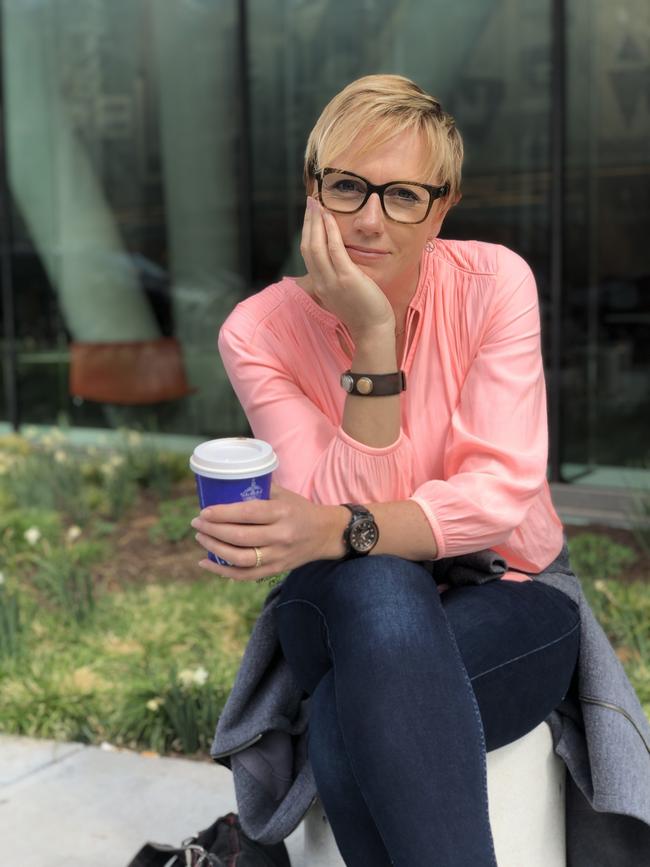
Whether it is fashion millionaire Allegra Spender in Sydney’s Wentworth or former ABC TV reporter Zoe Daniel in Melbourne’s Goldstein, these candidates are running almost identical campaigns that call into question the whole “independent” schtick.
The “Voices” movement is behaving more like a new political party, funded largely by the Climate 200 organisation, and specifically targeting Coalition seats rather than Labor’s.
Their focus on delivering stronger emissions-reduction policies is farcical given they are seeking to defeat some of the most moderate, pro-climate action politicians in the Coalition camp.
Their real strategy is to render the Coalition incapable of forming a majority, then looking to implement their agenda in concert with a Labor-Greens government. The Voices candidates can perhaps best be described as Greens without a visceral hatred of capitalism and country. They are the feral left, but with Fendi.
If the trend to independents continues, we could see the minor-party intransigence of the Senate infect the House of Representatives. The frustrating characteristics of the house of review could render the house of government almost unworkable – perhaps 2010 was our test drive.
Climate 200 is the political fund established by Simon Holmes a Court, the son of Australia’s first billionaire, Robert Holmes a Court, of Bell Resources fame. Paradoxically, the inherited wealth the son has marshalled to support his climate activism was derived in large part from his father’s oil and gas investments.
As well as Oakeshott and Windsor, Climate 200’s advisory panel includes former Wentworth independent Kerryn Phelps and Liberal malcontents John Hewson and Julia Banks. The organisation’s media adviser is former ABC political reporter, and green left commentator, Jim Middleton.
Aside from donating to sitting independents Andrew Wilkie and Rebekha Sharkie, Climate 200 declares financial support for five other candidates. All are running against sitting Liberals.
The organisation’s website offers the usual climate alarmism, stressing that this decade (like the last one and the one before that) is the critical one. It urges drastic emissions cuts in Australia but ignores how increased emissions elsewhere (i.e. China and India) will render our domestic cuts meaningless.
Policies listed on the Voices candidate websites are similar in content and lack of detail. They are more like slogans than policies.
In Goldstein, Daniel’s climate policy says the “time for waiting is over” and commits to “at least halve emissions by 2030” on the way to “net zero before 2050” while providing incentives for electric cars. Uncannily Spender, another “independent” 900km north, also touts “zero emissions” and cutting emissions by “at least 50 per cent by 2030” while also pushing support for electric vehicles.
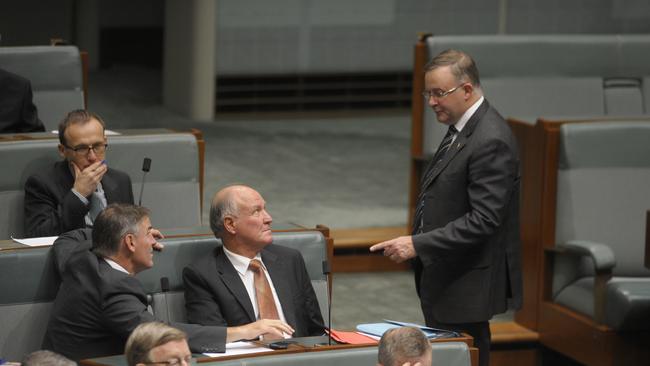
It is a similar story for Monique Ryan, running in Kooyong and Zali Steggall, the member for Warringah. These candidates also offer platitudes about a “new economy” and “inclusion” and delivering an integrity commission.
What they like to pass off as a loose affiliation of like-minded independents seems more like an unofficial political party, or an anti-conservative, climate action cult.
Instead of sticking with the approach that served the Coalition well in 2013, 2016 and 2019 – resisting futile gestures that are costly for our economy without delivering environmental benefits – the Coalition has been trying to appease the climate campaigners. Yet, predictably, Scott Morrison’s net zero by 2050 pledge has not satisfied the activists, and it will not ease the ferocity of their political attacks.
Rational policy approaches and logical strategies are not the currency here. We can only imagine what bizarre and unpredictable directions national policy would take, and what effect it would have on fundamentals such as economic management, border protection, energy security, defence and alliance relationships, if we saw a minority Labor government reliant for power on the Greens and some of these green left independents.
If there are even more independents, the post-election horse-trading and pronouncements in the second half of May might make Oakeshott’s 17-minute embarrassment a dozen years ago look like the Gettysburg Address. And this is exactly where our currently toxic and directionless politics could lead us.
Newspoll has Labor on a 41 per cent primary vote and the Coalition on 34 per cent – a virtual reversal of the 2019 result. Still, at the election, it is unlikely Labor will poll that high or that the Coalition will poll that low.
In the last three elections Labor’s primary vote has been under 35 per cent, and it has topped 40 per cent only once this century – Kevin Rudd’s 2007 triumph. Over recent decades the Coalition has trended down from high 40s to low 40s and, as a general rule, needs about 42 per cent to win, although it clung on last time with just 41.4 per cent.
Most pundits, dazzled by the polls, underestimate the difficulty of Labor’s path to victory – it will need to win eight seats or more and most of them will have margins of at least 5 per cent.
Labor could do it, to be sure, but a very live option right now is for both major parties to fall short, leaving a battle to form minority government.
In this environment we need scrutiny in our political debate, and transparency from the so-called independents.
“Let’s bring integrity and accountability back,” says Steggall. “No backroom deals,” says Ryan. “Transparent, accountable government,” says Spender. “New truth in political advertising,” says Daniel.
Fine – then these candidates must say who, in the event of a hung parliament, they would back to form government. If they hide their intentions or leave it to backroom dealing after the election, they are ignoring their own calls for openness.
Back in 2010 I thought Abbott made a crucial error by deigning to negotiate with the independents. He could have taken the high moral ground, noted that Windsor and Oakeshott were known as conservative independents who had been elected on that basis, and demanded that they reflect the will of their electorates.
Instead, he empowered them through horse-trading, legitimising their right to choose. Their electorates were shafted, and Windsor and Oakeshott admitted as much when they did not have the courage to offer themselves to voters for a verdict three years later.
If independents are to be kingmakers, they should declare their government preferences before polling day, to give voters the transparency they deserve; and journalists should push them on this. But do not hold your breath.


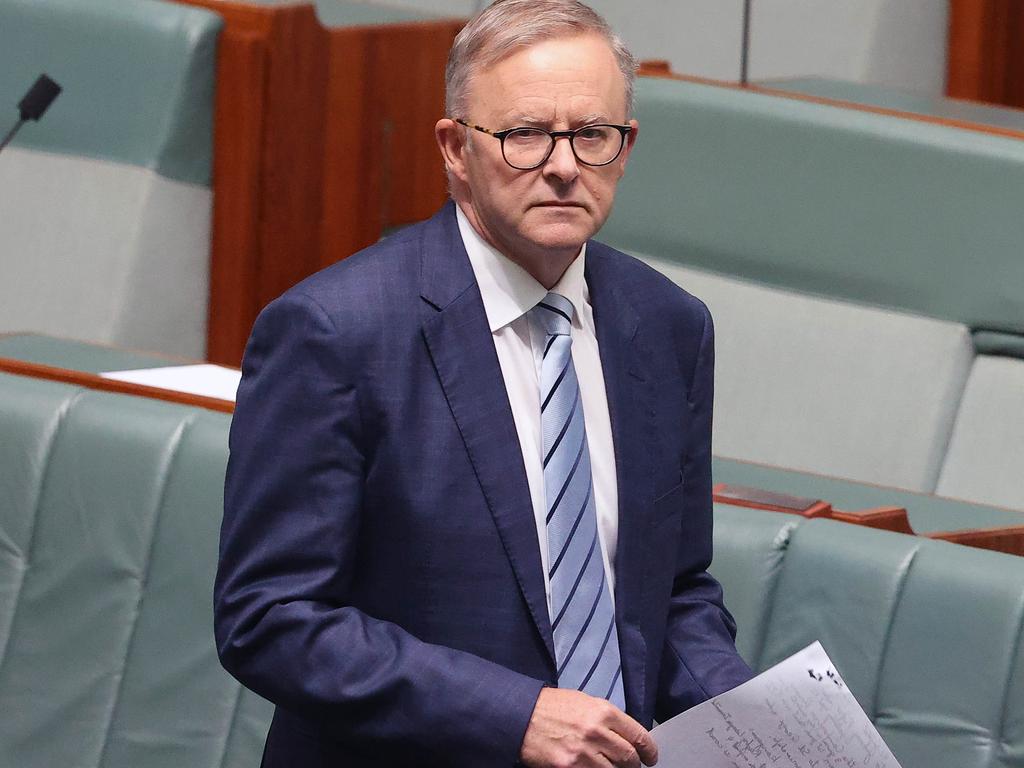
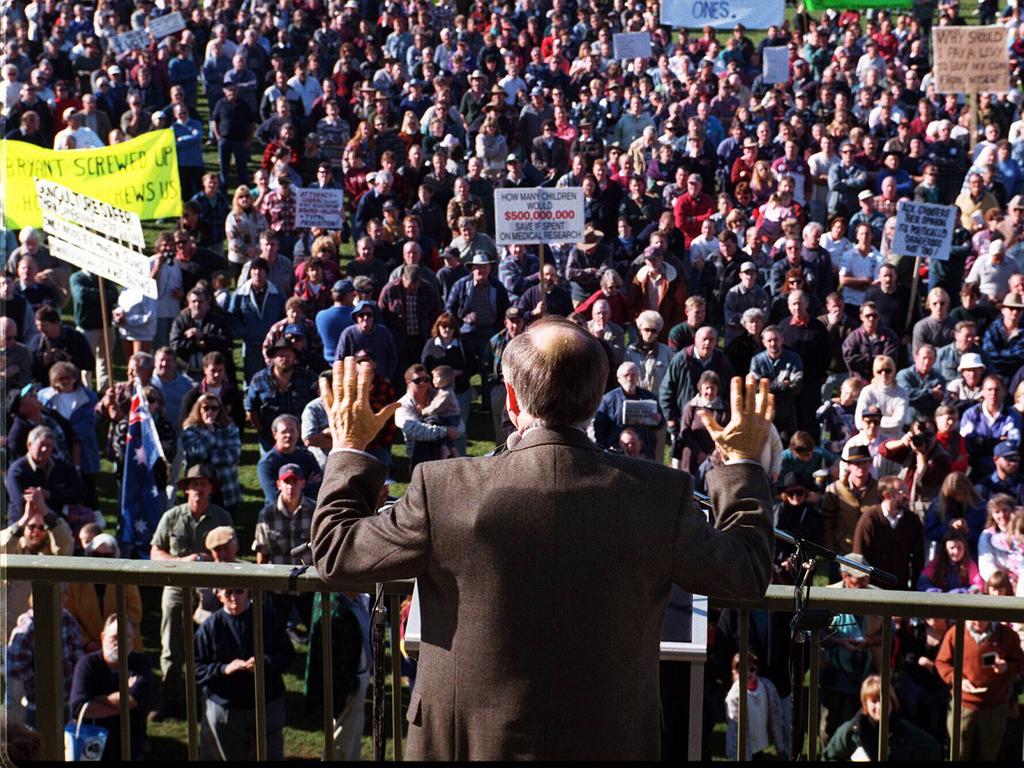



We ain’t seen nothing yet. The menagerie of minor parties and inane independents who have bedevilled the major parties, leaving a pigsty of pulverised promises, aimless politicking, and divisive debate might be about to get worse.